Would the UK cope if we stopped the import of Russian oil and road fuels? The issue is becoming a topical one as pump prices rise ever higher on the back of Russia’s invasion of Ukraine.
The UK has already said that it won’t allow Russian-registered or Russian-owned ships to dock in the UK, and has now announced a phased-in ban of Russian oil and refined fuels through 2022.

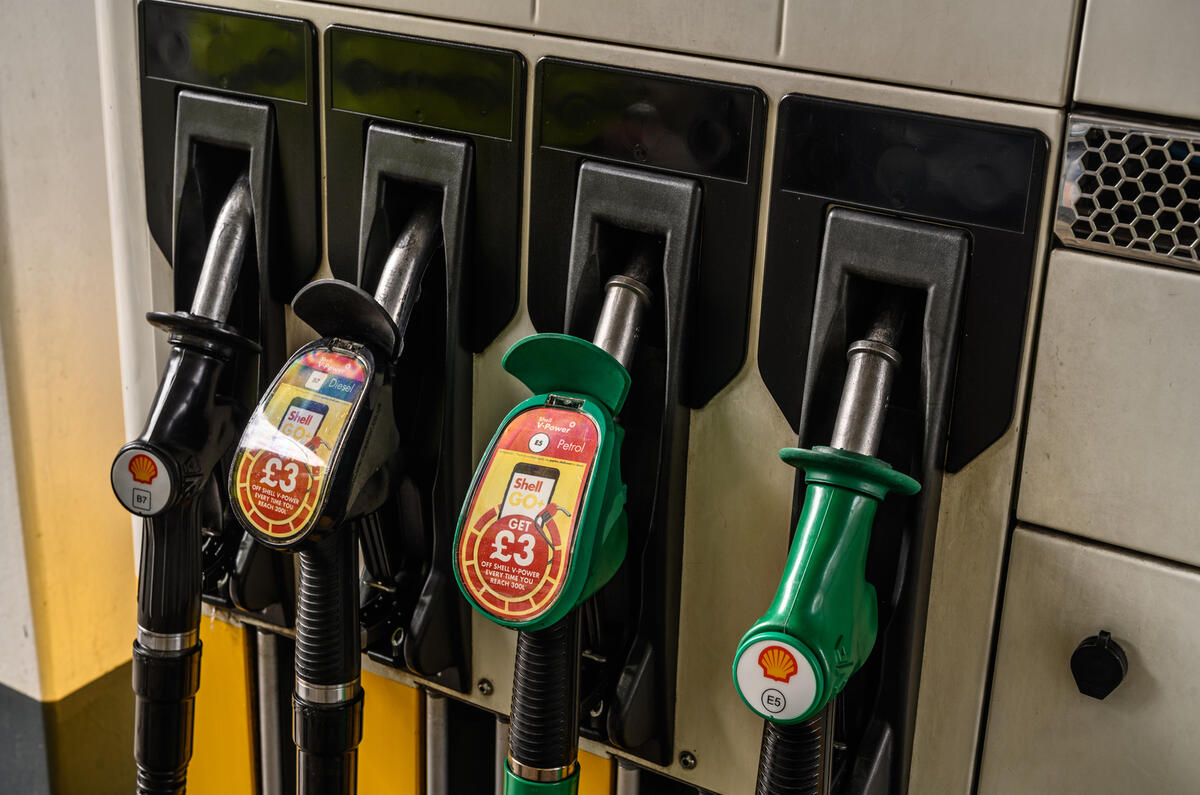
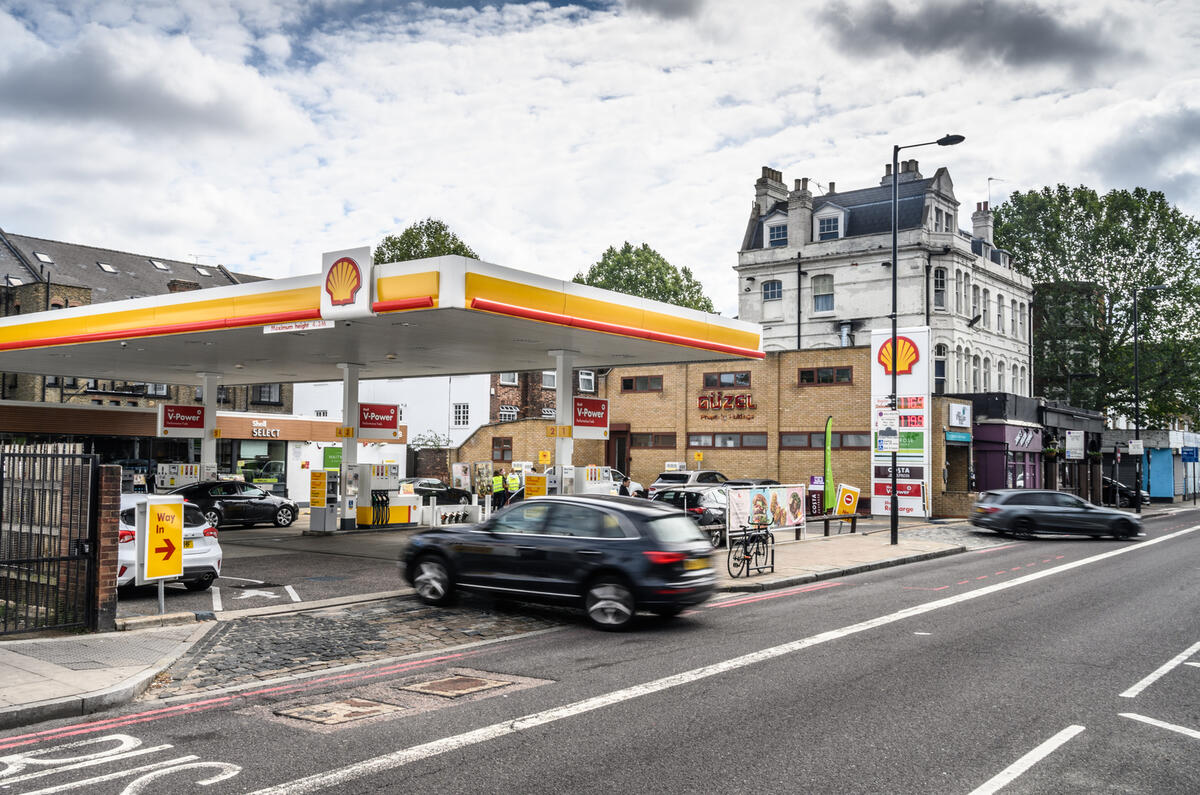
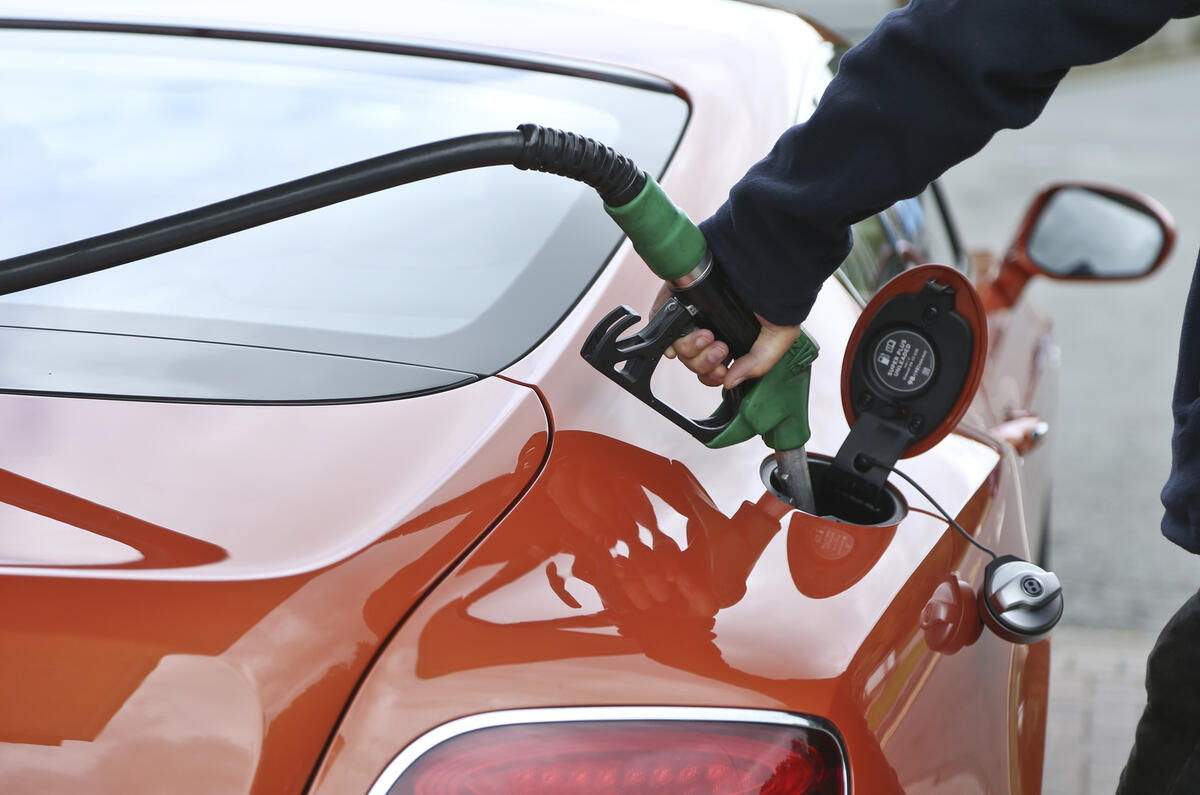
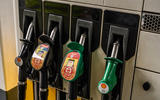
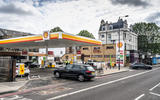
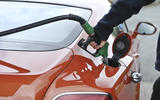


Add your comment